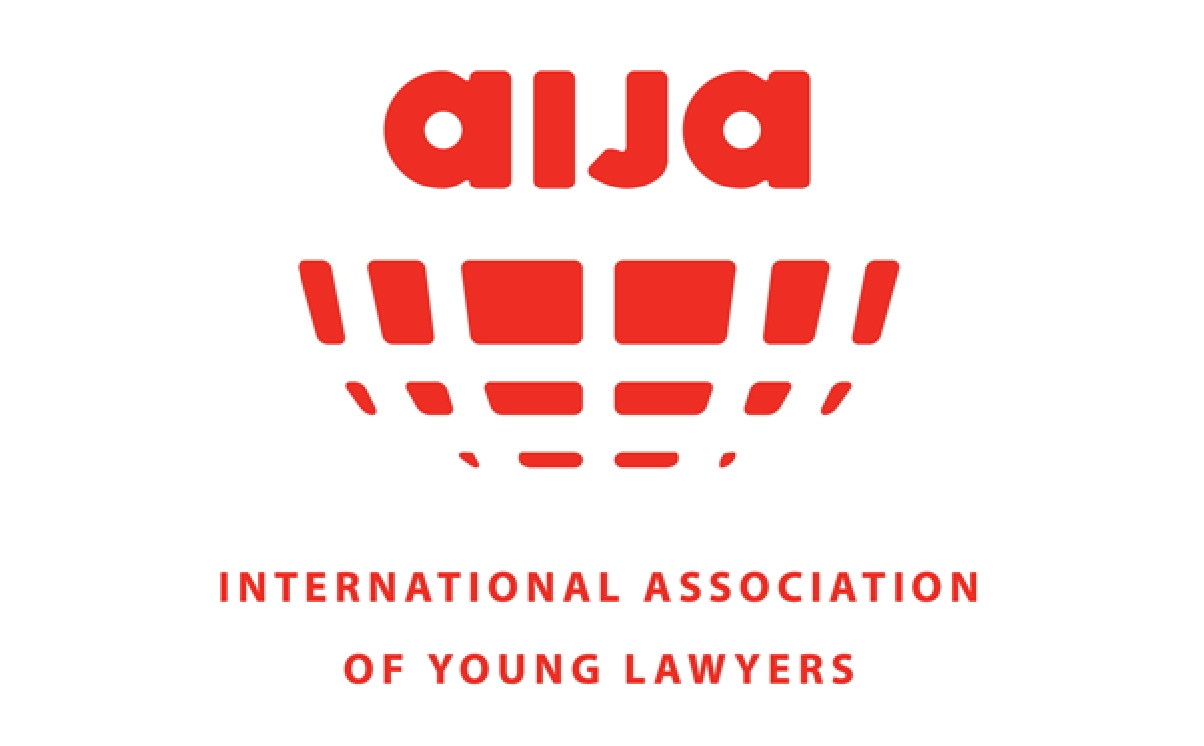Emma Holland, Lisette Dupre, Jenny Duggan and Catriona Abraham recently attended the International Association of Young Lawyers (AIJA) Half Year Conference in The Hague”. Catriona Abraham reviews the conference.
The focus of the conference was The Hague Convention, and there were a number of thought-provoking panel discussions regarding the application of the convention across various jurisdictions and topics.
The Hague Convention is administered by a global intergovernmental organisation called the Hague Conference on Private International Law (‘HCCH’). As the conference was hosted in The Hague, key individuals from the HCCH sat on each panel and gave interesting insights into the topics being discussed.
Trusts and financial remedy proceedings on divorce
Jenny Duggan was on a panel that discussed the July 1985 Convention on the Law Applicable to Trusts and on their Recognition (the ‘July 1985 Convention’). Trusts are widely used and have long been recognised in common law jurisdictions. However, implementing the July 1985 Convention has required civil law jurisdictions to grapple with the concept of a trust and how trust structures fit into their civil codes.
Jenny focused on how the recognition of trusts between contracting parties to the July 1985 Convention can assist in English financial remedy proceedings on divorce.
As is well established by the Matrimonial Causes Act 1973 (‘MCA 1973’), beneficial interests in trusts can be considered as a relevant “other financial resource” in financial remedy proceedings. A consequence of this is that the parties to financial remedy proceedings can potentially benefit from a trust established before the parties were born, let alone before the marriage. This fact shocks our civil jurisdiction colleagues.
A key question the English family court will ask in determining if trust assets should be included in the marital pot is whether the trustees would be likely to advance part or all of the capital held on trust to the beneficiary party immediately or in the foreseeable future (see Charman v Charman [2007] EWCA Civ 503). However, in Thomas v Thomas [1995] 2 FLR 668, Lord Justice Glidewell emphasised that the English court should not put improper pressure on trustees to distribute assets as part of a financial order on divorce.
In practice, the key issue is the enforcement of English family court judgments in the jurisdiction of the trust in question. Often, firewall legislation is in place in the trust’s jurisdiction to prevent the foreign attack of an English family court judgment on a trust. However, this does not mean the trust is necessarily fully protected. Ultimately, whether a trust can be used as a source of funds in financial remedy proceedings in England depends heavily on the needs of the parties and the individual facts of each case.
Other highlights from the conference
The conference included many different panel sessions and other events across the three days. These included discussion of the 1961 Apostille Convention, the new 2019 Judgments Convention and numerous other private client law-focused conventions. Highlights included:
- Family law practitioners from France, Germany, England, Poland and Turkey considered the application of the 1980 Hague Convention on international child abduction cases. Philippe Lortie, First Secretary at the HCCH, gave interesting insights on the case studies discussed by the panel and the recent increase of international child abduction cases arising out of the war in Ukraine.
One key takeaway from the discussion was that despite the extreme circumstances of the ongoing conflict in Ukraine, the convention stands. So, unless there is a grave risk of physical or psychological harm or other intolerability to the child (Article 13(b) of the 1980 Hague Convention), a child should be returned to Ukraine if they have been removed from the country without the permission of both parents. The message from Mr Lortie was that practitioners should trust the convention. The case studies considered were interesting, but for each one, Mr Lortie was able to point to articles that could have assisted the parties. He also reminded practitioners to look to other ‘sister’ conventions, such as the 1996 Convention on Child Protection.
- The 1970 Divorce Convention and the 1978 Convention on the recognition of marriages were considered by lawyers from Switzerland, The Netherlands, Liechtenstein, France and England. One theme was that the 1970 Convention was perhaps unnecessary because each jurisdiction had domestic law that would likely recognise a divorce subject to safeguards. Here, the value of the 1970 Divorce Convention is the commonality of one set of rules rather than a range of slightly different ones, making practitioners’ lives easier.
- Another panel hosted a topical discussion on freedom of expression, thought, belief and religion. The AIJA members on the panel were joined by representatives of non-governmental organisations (NGOs) intent on ensuring that independent and reliable international news and information are available to all. The discussion focused on the current prevalence of SLAPPs (strategic lawsuits against public participation) against journalists, the cost of this type of litigation tactic on society and democracy, and the importance of the EU anti-SLAPP Directive currently under consideration.
- Another key theme of the conference was human rights, and attendees were encouraged to participate in the AIJA Triathlon for Human Rights. Lisette got up extra early on the Thursday morning to take up the mantle on behalf of the Stewarts’ attendees. Well done, Lisette!
You can find further information regarding our expertise, experience and team on our Trust and Probate and Divorce and Family pages.
If you require assistance from our team, please contact us or alternatively request a call back from one of our lawyers by submitting this form.
Subscribe – In order to receive our news straight to your inbox, subscribe here. Our newsletters are sent no more than once a month.









